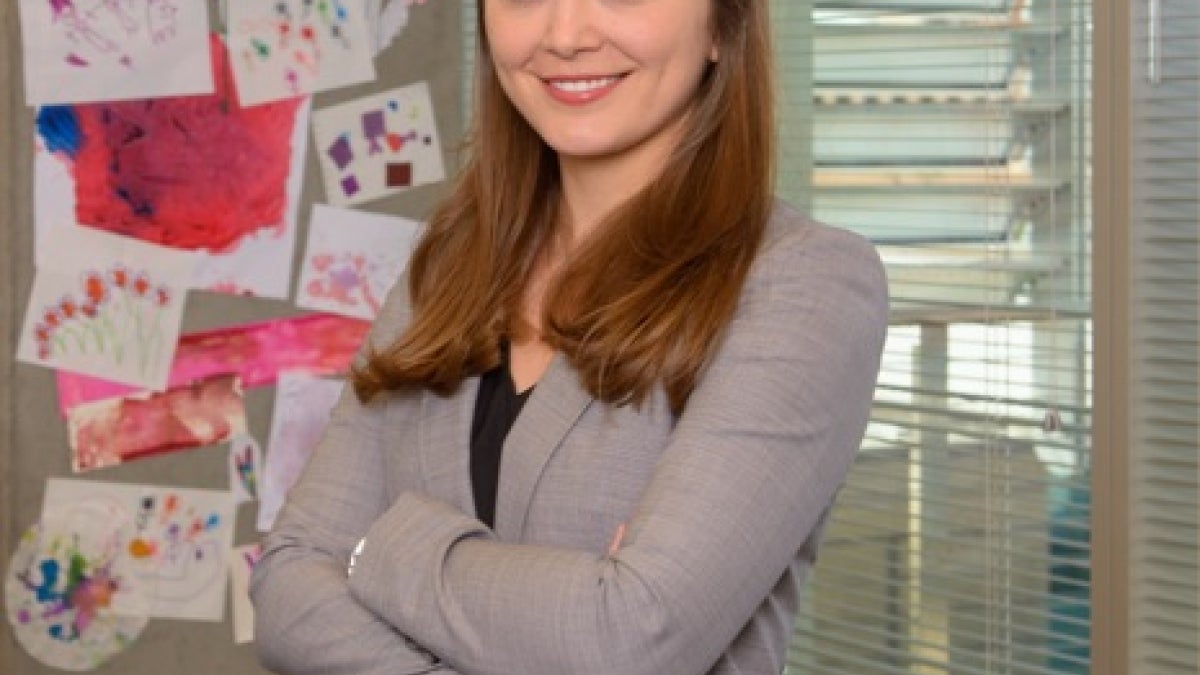The Computing Research Association, in consultation with the National Science Foundation, has appointed Nadya Bliss, director of ASU’s Global Security Initiative, to the Computing Community Consortium Council.
Beginning July 1, Bliss will serve a three-year term.
“There has never been a more exciting time to be a computer scientist — computer science touches just about every aspect of our lives. CCC council has a record of catalyzing the computing research community around important challenges and I am incredibly honored to be part of this group,” Bliss said.
In addition to Bliss, the council appointed members representing Google, Cornell University, Carnegie Mellon University and others.
Bliss is a professor of practice in ASU’s School of Computing, Informatics and Decision Systems Engineering. She is a senior sustainability scientist in the Julie Ann Wrigley Global Institute of Sustainability and has affiliate appointments in the School for the Future of Innovation in Society, the Center on the Future of War, and the Simon A. Levin Mathematical, Computational and Modeling Sciences Center. She also is a Senior Fellow at New America.
GSI serves as a university-wide hub at ASU, addressing emerging security challenges, including borderless threats, such as cyber security, health security and resource security. These challenges are often characterized by complex interdependencies and present conflicting objectives requiring multi-disciplinary research and cross-mission collaboration.
The CCC council is comprised of 20 members who have expertise in diverse areas of computing. The council leads the consortium’s visioning programs, which help create and enable visions for future computing research.
More information can be found online.
More Science and technology

ASU-led space telescope is ready to fly
The Star Planet Activity Research CubeSat, or SPARCS, a small space telescope that will monitor the flares and sunspot activity…

ASU at the heart of the state's revitalized microelectronics industry
A stronger local economy, more reliable technology, and a future where our computers and devices do the impossible: that’s the…

Breakthrough copper alloy achieves unprecedented high-temperature performance
A team of researchers from Arizona State University, the U.S. Army Research Laboratory, Lehigh University and Louisiana State…


